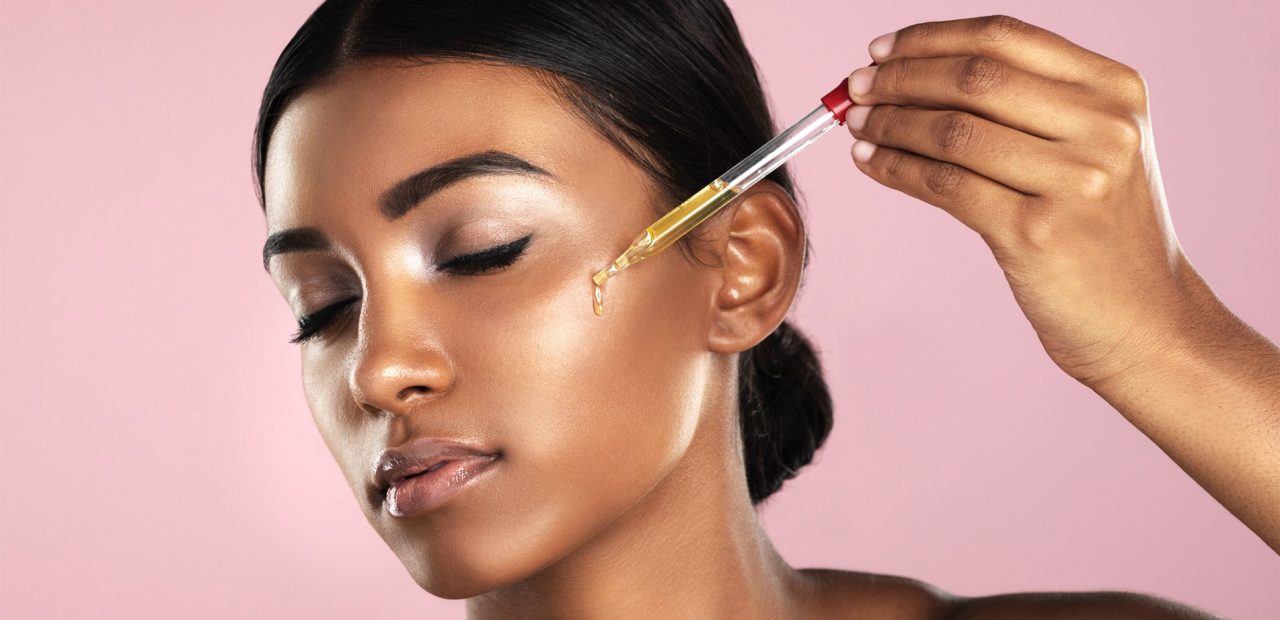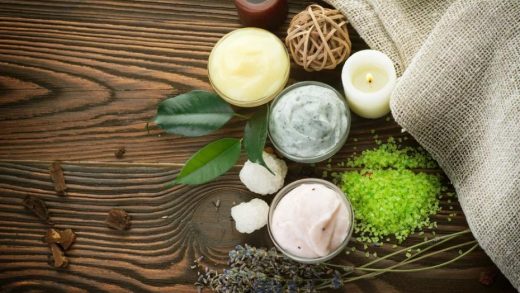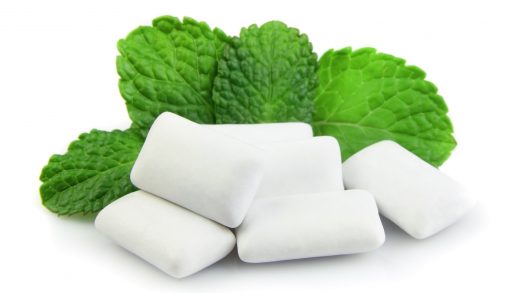Radiant Beauty: Carrier Oils & Their Amazing Skin Benefits
Every woman likes having glowing skin and a radiant complexion. To look good and feel good in your skin, you need the right beauty and skincare treatment. Nowadays, things can be rather simple once you understand the basics of oils and the different skin types.
A carrier oil is plant-based oil produced from a nut or seed that is applied to the skin to nourish and cure it. It can be used on its own or in combination with other oils to create the perfect formula for your skin. Essential oils of high quality are frequently mixed with carrier oils to produce specific therapeutic effects for the skin.
Carrier oils for essential oils are an excellent way to keep your face hydrated and healthy since they provide your skin with just what it needs: healthy oils. Natural oils (which have no added fillers or chemicals) penetrate quickly into the skin, maintaining the lipid barrier and minimizing moisture loss. The stratum corneum, or top layer of your skin, is made up of dead skin cells bound together by lipids (or oils.) Maintaining a consistent supply of healthy oils in this layer will protect your skin from the elements while also promoting a lovely, healthy, moisturized glow.
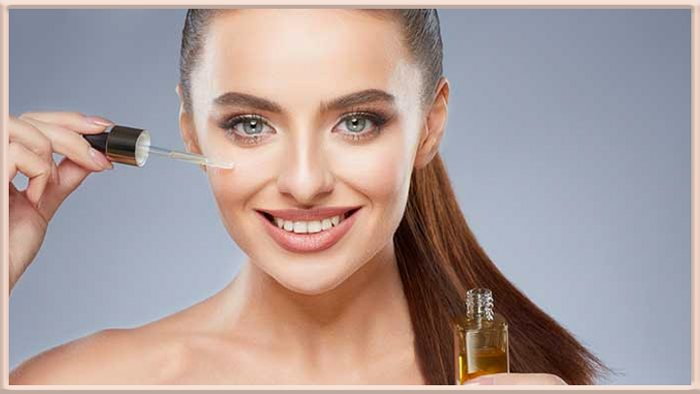
Contents
What Oils Are Good for Different Skin Types?
There is a variety of essential oil carrier options that can be used with essential oils. Therefore, finding the best essential oil carrier for your skin type can aid in the regulation of oil production, can improve your skin texture and reduce ageing indications. Clogged pores and oily skin won’t be a problem when you use the right oil for your skin type.
Sweet Almond Oil to Bring Your Dry Skin Back to Life
Almonds are a nutrient-dense food. Healthy fats, fibre, phytochemicals, vitamins, and minerals abound in them. Because of its richness in vitamin E, almond oil has been used to soothe the skin and cure minor wounds and cuts for millennia. It has been used to treat skin conditions including eczema and psoriasis since ancient times. Almond oil can improve complexion and skin tone in addition to treating dry skin. It’s very emollient, which means it helps to keep moisture absorption and loss in check.
Almond oil can be used to treat acne because it is antimicrobial and high in vitamin A. Its high vitamin E content can also aid in the healing of sun damage, the reduction of ageing indications, and the fading of scars. Almond oil absorbs rapidly and is a potent moisturizer, making it suitable for use on both the face and the body. You can use it alone or in combination with essential oils to reap the benefits. Almond oil is excellent for massage or skin treatment as well as moisturizing the skin.
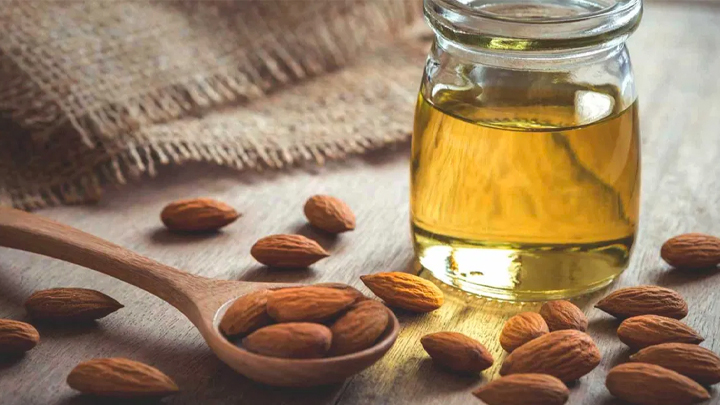
It has antifungal properties as well. Rub it on your feet to help prevent athlete’s foot and other fungal infections such as ringworm. Almond oil can be used as a cleanser or to gently remove makeup.
Jojoba Oil for Moisturizing and Healing
Many people use jojoba oil in their daily skin routines because of its healing and moisturizing properties. Jojoba oil is a natural humectant. This implies it helps to keep the skin hydrated by attracting water to the upper layer of the skin. It can help prevent bacterial, acne and dandruff infections. Antimicrobial and antifungal activities are found in jojoba oil. Although jojoba oil does not destroy every bacterial or fungal species, it does kill bacteria and fungus that can cause salmonella, E. coli infection, and candida, according to lab tests. Even though jojoba oil is a botanical product, it’s so similar to the oil (sebum) that your skin cannot detect the difference. What makes jojoba oil perfect for sensitive skincare is that, unlike other botanical essential oils, is usually non-irritating. Allergic reactions are uncommon.
Because it’s so close to the sebum your body produces naturally, jojoba oil helps to control the sebum production level. Any time you apply jojoba oil to your skin, it moisturizes and soothes it. This tells your hair and sweat follicles that your skin doesn’t need more sebum to stay hydrated. And, leads to the prevention of acne caused by clogged pores and stops the skin from looking greasy. Jojoba oil is effective in promoting wound healing as well. According to a preliminary study, jojoba oil helps skin cells join together after being split by a scratch or cut. Its ability to treat acne and acne scars may also be due to this. The high amount of natural vitamin E in jojoba oil may be responsible for its wound-healing abilities. Jojoba oil can be particularly effective for people with inflammatory skin disorders such as psoriasis and eczema.
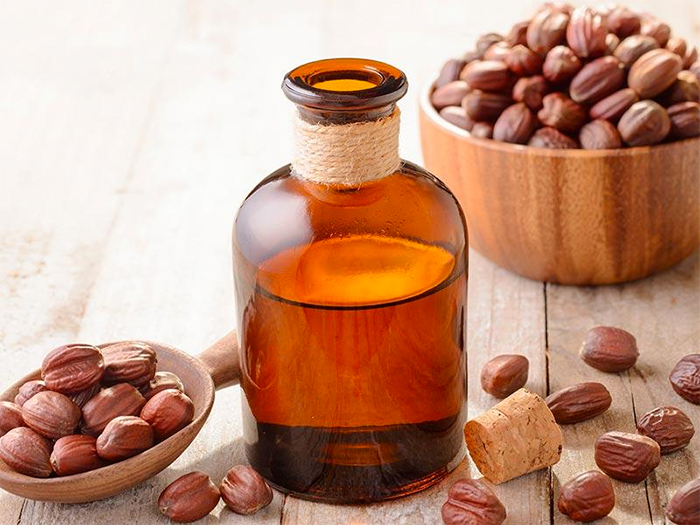
Coconut Oil for a Healthy Skin and Your Daily Beauty Routine
Several studies indicate the importance of daily use of coconut oil for skin health. Coconut oil’s medium-chain fatty acids have antibacterial capabilities, which can help protect you from dangerous microbes. Bacteria or fungi are responsible for many types of skin diseases, such as acne, cellulitis, folliculitis, and athlete’s foot. Coconut oil when applied directly to the skin has been shown to inhibit the growth of these germs. This is due to the presence of lauric acid, which accounts for roughly half of the fatty acids in coconut oil and has antimicrobial properties.
Capric acid, a medium-chain fatty acid is also present in coconut oil, though to a smaller level. Capric acid, like lauric acid, has antibacterial effects. Many types of skin illnesses, such as psoriasis, contact dermatitis, and eczema, are characterized by chronic inflammation. Interestingly, coconut oil also has anti-inflammatory properties. Furthermore, coconut oil may help to reduce inflammation by increasing antioxidant levels.
Antioxidants operate by neutralizing reactive atoms in the body, stabilizing free radicals that might cause inflammation. Because of its ability to successfully treat inflammation, coconut oil also helps in the treatment of acne.
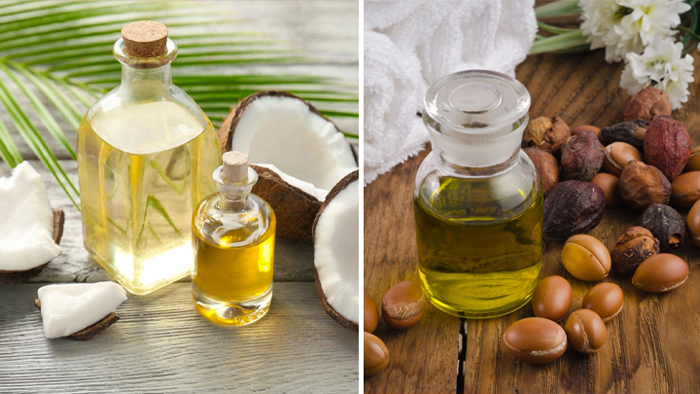
Argan Oil for Slowing Down Aging
Some people’s skin is inherently oilier than others. Those struggling with oily skin, frequently go to great lengths to remove the greasy sheen they develop. The Sebo-reducing properties of argan oil can help reduce the levels of sebum production and oiliness in the skin. Besides fighting against oily skin, argan oil can be very effective against atopic dermatitis. Itchy, red skin is a sign of this common skin disorder. Applying the oil directly to the affected area helps relieve symptoms. This soothing effect can be attributed to the intrinsic anti-inflammatory effects of vitamin E and argan.
Skin infections treatment is one of the traditional uses of argan oil. Antibacterial and fungicidal activities are found in argan oil. This enables it to aid in the treatment and prevention of both bacterial and fungal skin diseases. Apply argan oil directly to the affected region at least twice a day. Stretch marks are more common during pregnancy, although they can happen to anyone. When properly applied, twice a day on the affected area, argan oil gives the best results.
Lots of women feel scared of getting old because of the mature skin phenomenon. But, ageing is a fact of life, looking your age is not. Argan oil has been used as an anti-aging treatment for a long time. Researchers discovered that combining oral and cosmetic argan oil resulted in a noticeable increase in skin elasticity. This resulted in a successful anti-ageing treatment. You can feel the immediate anti-ageing effects by applying argan oil directly to the skin, taking an oral supplement regularly, or doing both.

